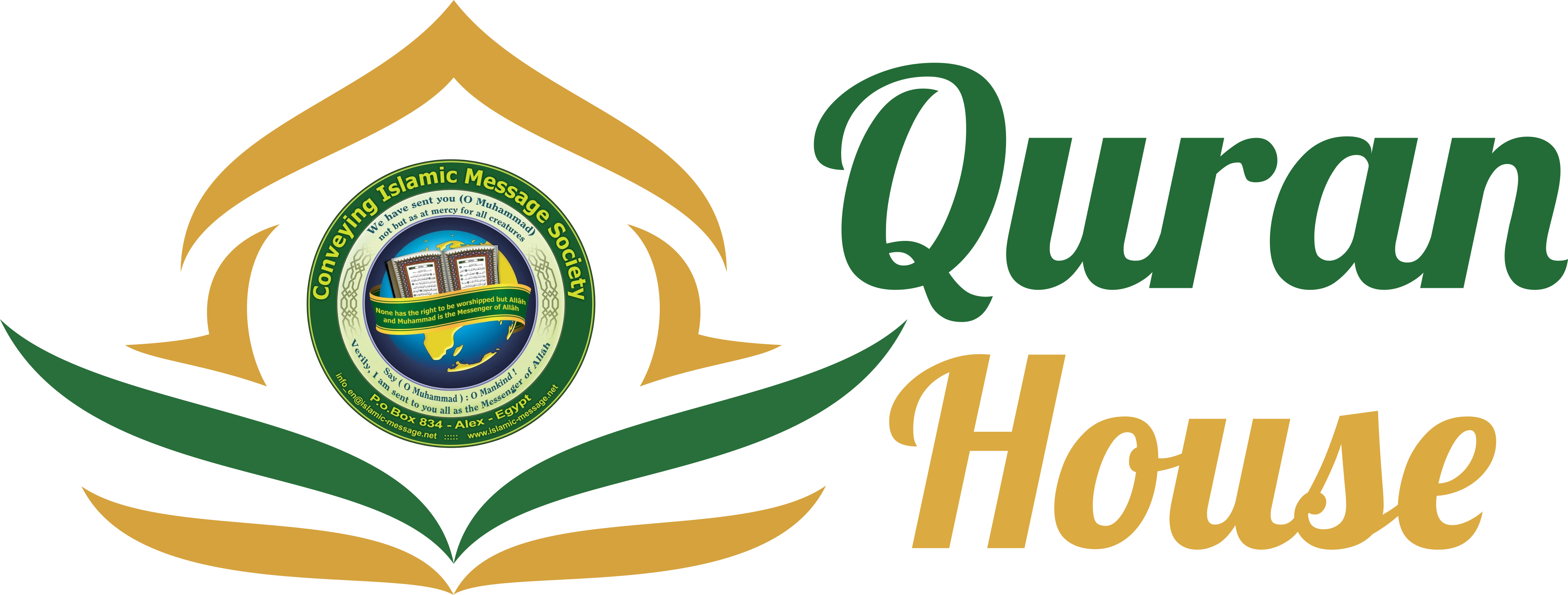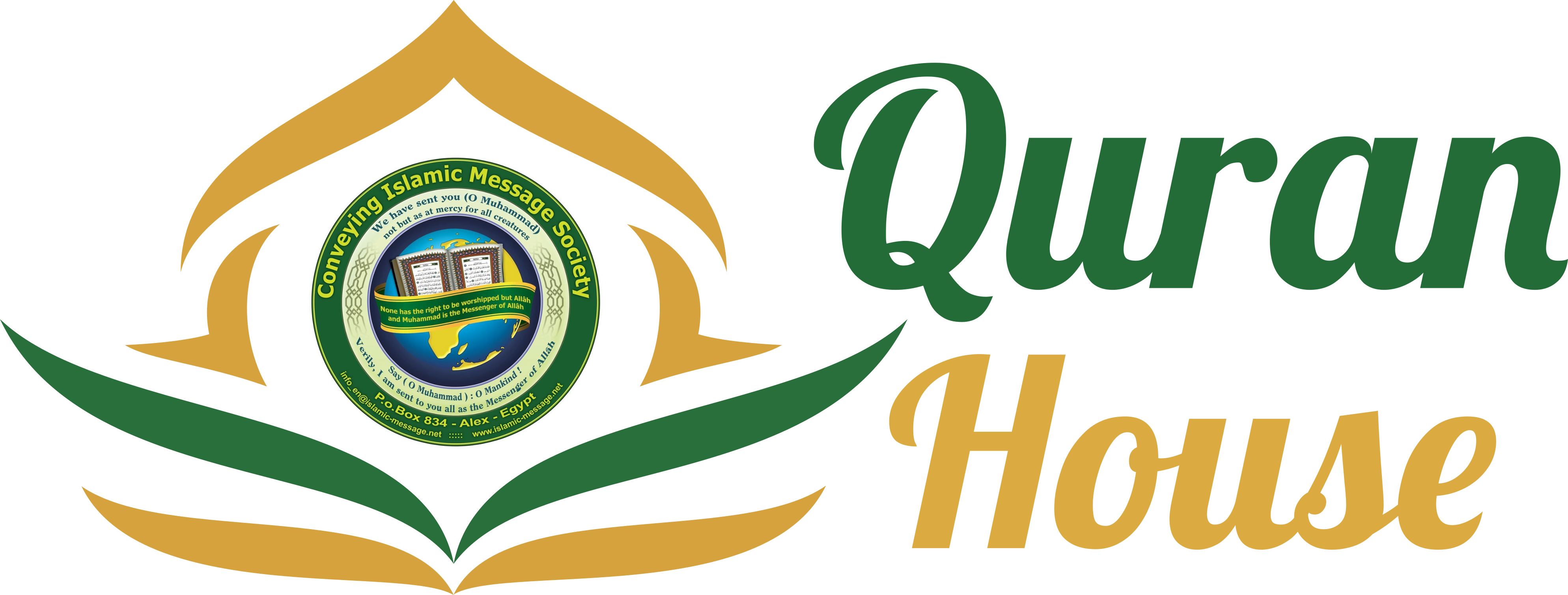What Others Say About Islam, the Quran, and the Prophet Muhammad


What Others Say About Islam, the Quran, and the Prophet Muhammad
What Others Say About Islam, the Quran, and the Prophet Muhammad
Quotes by US Presidents on Islam
Barack Obama (2009)
“Islam has always been a part of America’s story … and since our founding, American Muslims have enriched the United States”.
“Islam has demonstrated through words and deeds the possibilities of religious tolerance and racial equality.”
“Islamic culture has given us majestic arches and soaring spires; timeless poetry and cherished music; elegant calligraphy and places of peaceful contemplation.”
George W. Bush (2002)
“Here in the United States our Muslim citizens are making many contributions in business, science and law, medicine and education, and in other fields … [they are] upholding our nation’s ideals of liberty and justice in a world at peace.”
“[Islam] inspires countless individuals to lead lives of honesty, integrity, and morality.”
Bill Clinton (1994)
“[Americans know] the traditional values of Islam, devotion to faith and good works, to family and society, are in harmony with the best of American ideals.”
George H.W. Bush (1991)
“And I’m not a student of religion, but I don’t find anything in what the principal teachings of Islam that put us in contradiction at all. In fact, the principles are the same as what we have — a diverse religious culture. But it’s kindness, it’s be good to your neighbor, it’s love, and it’s take care of children. It’s all these things that—so there’s no anti-Islam.”
Jimmy Carter (1980)
“From the beginning, the United States has enjoyed close and valued ties with the Muslim world.”
“We have the deepest respect and reverence for Islam and all who share the faith of Islam.”
“On the basis of both values and interests, the natural relationship between Islam and the United States is one of friendship.”
Gerald Ford (1974)
“For nearly two hundred years, our nation has derived its strength from the diversity of its people and of their beliefs. That strength has been greatly enhanced by [the Islamic] religious heritage.
Dwight Eisenhower (1957)
“Civilization owes to the Islamic world some of its most important tools and achievements … the Muslim genius has added much to the culture of all peoples.”
John Adams (1796)
“The United States of America … has in itself no character of enmity against the laws, religion, or tranquility of Muslims”.
Quotes of Famous Non-Muslims
"Islam is the fastest-growing religion in the United States..." NEW YORK TIMES, Feb 21, 1989, p.1
"Muhammed is the most successful of all Prophets and religious personalities." Encyclopedia Britannica
‘I wish Westerners who misunderstand Muslims could have seen Syed Abbas in action that day. They would see that most people who practice the true teachings of Islam … believe in peace and justice, not in terror… the Koran instructs all Muslims to make caring for widows, orphans, and refugees a priority."
Greg Mortenson, Three Cups of Tea: One Man's Mission to Promote Peace ... One School at a Time, Chapter 17, pg. 219
‘He was of a certainty a most unique and special man who demonstrated within his own life the virtues of humility, compassion, obedience, and a thirst for justice, and a call for all men to worship the one and only God of all creation … The message of Muhammad was, and remains to this day, a message of peace, mercy, and compassion.’
William W. Baker, former college Professor of Ancient History and Biblical studies, member of Near East Institute of Archaeology and the Oxford Philosophical Society in
More in Common Thank You Think, 1988 Defenders Publications. p. 6-7.
“The good sense of Muhammad despised the pomp of royalty. The Apostle of God submitted to the menial offices of the family; he kindled the fire; swept the floor; milked the ewes; and mended with his own hands his shoes and garments. Disdaining the penance and merit of a hermit, he observed without effort of vanity the abstemious diet of an Arab.”
Gibbon in 'The Decline and Fall of the Roman Empire' 1823
"But Islam has a still further service to render to the cause of humanity. It stands after all nearer to the real East than Europe does, and it possesses a magnificent tradition of inter-racial understanding and cooperation. No other society has such a record of success uniting in an equality of status, of opportunity, and of endeavours so many and so various races of mankind ... Islam has still the power to reconcile apparently irreconcilable elements of race and tradition. If ever the opposition of the great societies of East and West is to be replaced by cooperation, the mediation of Islam is an indispensable condition. In its hands lies very largely the solution of the problem with which Europe is faced in its relation with East. If they unite, the hope of a peaceful issue is immeasurably enhanced. But if Europe, by rejecting the cooperation of Islam, throws it into the arms of its rivals, the issue can only be disastrous for both."
H.A.R. Gibb, WHITHER ISLAM, London, 1932, p. 379.
"The greatest success of Mohammad’s life was effected by sheer moral force."
“It is not the propagation but the permanency of his religion that deserves our wonder, the same pure and perfect impression which he engraved at Mecca and Medina is preserved after the revolutions of twelve centuries by the Indian, the African and the Turkish proselytes of the Koran .… The Mahometans have uniformly withstood the temptation of reducing the object of their faith and devotion to a level with the senses and imagination of man. ‘I believe in One God and Mahomet the Apostle of God’ is the simple and invariable profession of Islam. The intellectual image of the Deity has never been degraded by any visible idol; the honors of the prophet have never transgressed the measure of human virtue, and his living precepts have restrained the gratitude of his disciples within the bounds of reason and religion.”
Edward Gibbon and Simon Oakley in ‘History of the Saracen Empire,’ London, 1870
“His readiness to undergo persecution for his beliefs, the high moral character of the men who believed in him and looked up to him as a leader, and the greatness of his ultimate achievement - all argue his fundamental integrity. To suppose Muhammad an impostor raises more problems that it solves. Moreover, none of the great figures of history is so poorly appreciated in the West as Muhammad.... Thus, not merely must we credit Muhammad with essential honesty and integrity of purpose, if we are to understand him at all; if we are to correct the errors we have inherited from the past, we must not forget the conclusive proof is a much stricter requirement than a show of plausibility, and in a matter such as this only to be attained with difficulty.”
W. Montgomery Watt in 'Muhammad at Mecca,' Oxford, 1953.
"He was Caesar and Pope in one; but he was Pope without Pope's pretensions, Caesar without the legions of Caesar: without a standing army, without a bodyguard, without a palace, without a fixed revenue; if ever any man had the right to say that he ruled by the right divine, it was Mohammed, for he had all the power without its instruments and without its supports."
Bosworth Smith, MOHAMMAD AND MOHAMMADANISM, London, 1874, p. 92.
"It is impossible for anyone who studies the life and character of the great Prophet of Arabia, who knows how he taught and how he lived, to feel anything but reverence for that mighty Prophet, one of the great messengers of the Supreme. And although in what I put to you I shall say many things which may be familiar to many, yet I myself feel whenever I re-read them, a new way of admiration, a new sense of reverence for that mighty Arabian teacher."
Annie Besant, THE LIFE AND TEACHINGS OF MUHAMMAD, Madras, 1932, p. 4.
“My choice of Muhammad to lead the list of the world’s most influential persons may surprise some readers and may be questioned by others, but he was the only man in history who was supremely successful on both the secular and religious level.… It is probable that the relative influence of Muhammad on Islam has been larger than the combined influence of Jesus Christ and St. Paul on Christianity.… It is this unparalleled combination of secular and religious influence which I feel entitles Muhammad to be considered the most influential single figure in human history.”
Michael Hart in 'The 100, A Ranking of the Most Influential Persons In History,' New York, 1978.
"Philosopher, Orator, Apostle, Legislator, Conqueror of Ideas, Restorer of Rational beliefs.... The founder of twenty terrestrial empires and of one spiritual empire that is Muhammad. As regards all standards by which human greatness may be measured, we may well ask, is there any man greater than he?"
Alphonse de LaMartaine in 'Historie de la Turquie,' Paris, 1854.
"The extinction of race consciousness as between Muslims is one of the outstanding achievements of Islam and in the contemporary world there is, as it happens, a crying need for the propagation of this Islamic virtue..."
A.J. Toynbee, Civilization on Trial, New York, p. 205
"If any religion had the chance of ruling over England, nay Europe within the next hundred years, it could be Islam."
“I have always held the religion of Muhammad in high estimation because of its wonderful vitality. It is the only religion which appears to me to possess that assimilating capacity to the changing phase of existence which can make itself appeal to every age. I have studied him - the wonderful man and in my opinion far from being an anti-Christ, he must be called the Savior of Humanity."
"I believe that if a man like him were to assume the dictatorship of the modern world he would succeed in solving its problems in a way that would bring it the much needed peace and happiness: I have prophesied about the faith of Muhammad that it would be acceptable to the Europe of tomorrow as it is beginning to be acceptable to the Europe of today.”
Sir George Bernard Shaw in 'The Genuine Islam,' Vol. 1, No. 8, 1936.
‘They are among the treasures of mankind, not merely Muslims.’
Gandhi in his foreword to ‘The Sayings of Muhammad,’ by Sir Abdullah Suhrawardy,
John Murray Publishers Ltd, London, 1941.
‘If there is much misunderstanding in the West about the nature of Islam, there is also much ignorance about the debt our own culture and civilization owe to the Islamic world. It is a failure which stems, I think, from the strait-jacket of history which we have inherited.’
Prince Charles in a speech at Oxford University, 27 October 1993
“…the civilization I’m talking about was the Islamic world from the year 800 to 1600, which included the Ottoman Empire and the courts of Baghdad, Damascus and Cairo, and enlightened rulers like Suleiman the Magnificent. Although we are often unaware of our indebtedness to this other civilization, its gifts are very much a part of our heritage. The technology industry would not exist without the contributions of Arab mathematicians. Sufi poet-philosophers like Rumi challenged our notions of self and truth. Leaders like Suleiman contributed to our notions of tolerance and civic leadership. And perhaps we can learn a lesson from his example: It was leadership based on meritocracy, not inheritance. It was leadership that harnessed the full capabilities of a very diverse population–that included Christian, Islamic, and Jewish traditions. This kind of enlightened leadership — leadership that nurtured culture, sustainability, diversity and courage — led to 800 years of invention and prosperity.”
Carly Fiorina, former CEO of HP, in a speech given in Minneapolis, Minnesota on Sep 26, 2001
“Technology, Business, and Our Way of Life: What’s Next”
“If this is Islam, I told myself, I want it. I want to be a part of this generosity, this empathy. I will join this faith with all my heart.”
Lauren Booth, British journalist, sister-in-law of Tony Blair, the former Prime Minister of Britain interviewed by Hasan Rahim for The American Muslim. She accepted Islam in 2010.
"[The Quran is] a magna carta for women!" “The Koran makes it clear that women are equal in spirituality, worth and education. What everyone forgets is that Islam is perfect; people are not."
Yvonne Ridley, British journalist in "A Muslim in the family" BBC News, May 1, 2004 & "Articles of faith" The Guardian, February 24, 2004. She accepted Islam in 2003.
“True Islam is very different from its picture painted in the media (or the ugly distortions by certain extremists). It is not only my personal interpretation that is different. Anyone who takes the time to do serious research (reading books and speaking to Muslim scholars not just browsing the internet) with an open heart and mind will discover its profundity, and will see the truth in its spiritual and ethical teachings.”
Kristiane Backer, a German television presenter, television journalist and author residing in London, in an interview with William Dobson for http://sugarstreetreview.com, 3rd Sep 2012
‘… The Quran cannot be translated.… The book is here rendered almost literally and every effort has been made to choose befitting language. But the result is not the Glorious Quran, that inimitable symphony, the very sounds of which move men to tears and ecstasy. It is only an attempt to present the meaning of the Quran - and peradventure something of the charm in English. It can never take the place of the Quran in Arabic, nor is it meant to do so ...’
Marmaduke Pickthall, The Meanings Of The Glorious Quran
"The lies (Western slander) which well-meaning zeal has heaped round this man (Muhammad) are disgraceful to ourselves only."
"A silent great soul, one of that who cannot but be earnest. He was to kindle the world, the world’s Maker had ordered so."
Thomas Carlyle in 'Heroes and Hero Worship and the Heroic in History,' 1840


